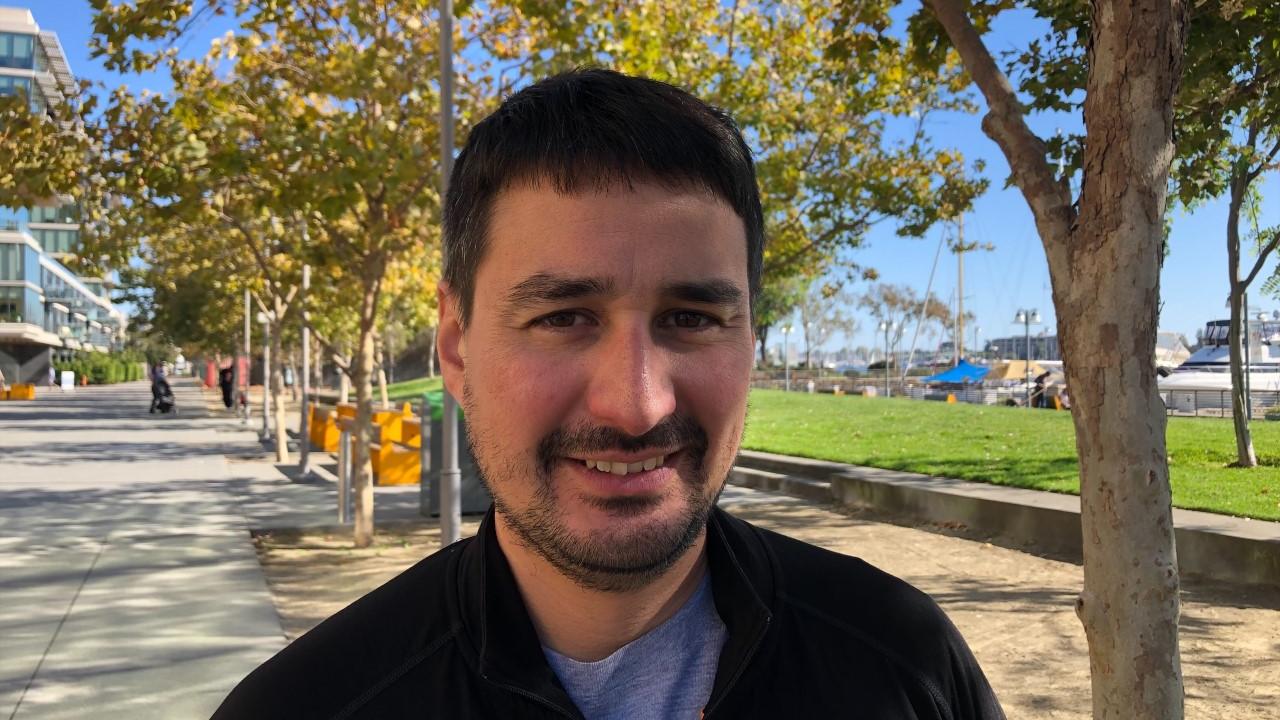
Faculty Spotlight- Jesus Barajas
Faculty Spotlight- Jesus Barajas
My background is in transportation planning. Transportation issues are a major part of environmental problem solving: 29% of greenhouse gas emissions in the US come from the transportation sector, and over half of that from personal vehicles. Many of the localized negative externalities of transportation—pollution, noise, crashes, and the like—fall disproportionately on communities of color and low-income communities.
What made you decide to get involved with the EPM program?
I’m interested in helping the next generation of environmental policymakers understand problems at the intersection of transportation and environmental justice so they can address them in their future work.
What class(es) will you be instructing this year?
I’ll be teaching two graduate courses this year. TTP 289A, Transportation Equity and Justice, will be offered Winter Quarter. We’ll examine the background of equity and justice for transportation planning and policy, how to measure and assess transportation equity, and how other policy issues, such as land use or policing, create conditions for transportation inequity. I’ll also be working with two EPM students, Daniela Arce and Antonia Davetas, to facilitate an environmental justice seminar as part of ENV 297 in the Spring. If you want a full class on environmental justice from an environmental policy perspective, consider joining my undergraduate class (ESP 174: Environmental Justice Policy and Practice) in the Spring.
Can you describe your research interests and any projects you're currently working on?
My research addresses mobility justice. I’m interested in how public agencies make decisions to advance transportation equity and justice in their work and I’m interested how individuals’ sustainable travel choices may be promoted or constrained by inequities in planning and policy decisions. The most interesting project I’m working on now is a historical look at how freeway development impacted communities of color in San Jose and Sacramento. We’re looking at demographic trends to how neighborhoods were disrupted or destroyed by construction, as well as digging through historical archives to learn the stories of the people who lived in those communities. Another study I’m excited to get started soon is a project that will survey and interview low-income folks and people of color to understand the barriers to zero-emission vehicle (ZEV) adoption, with the hopes of influencing policy to make ZEV access more equitable.
What is your favorite thing about UC Davis?
The bikes! I knew UC Davis was a bicycling campus, but I didn’t realize how much till I started cycling on campus myself. It’s amazing to see!
What is a fun fact about you?
I play curling. I’ve represented California at international competitions and am competing to represent Mexico at the world championships this year.
